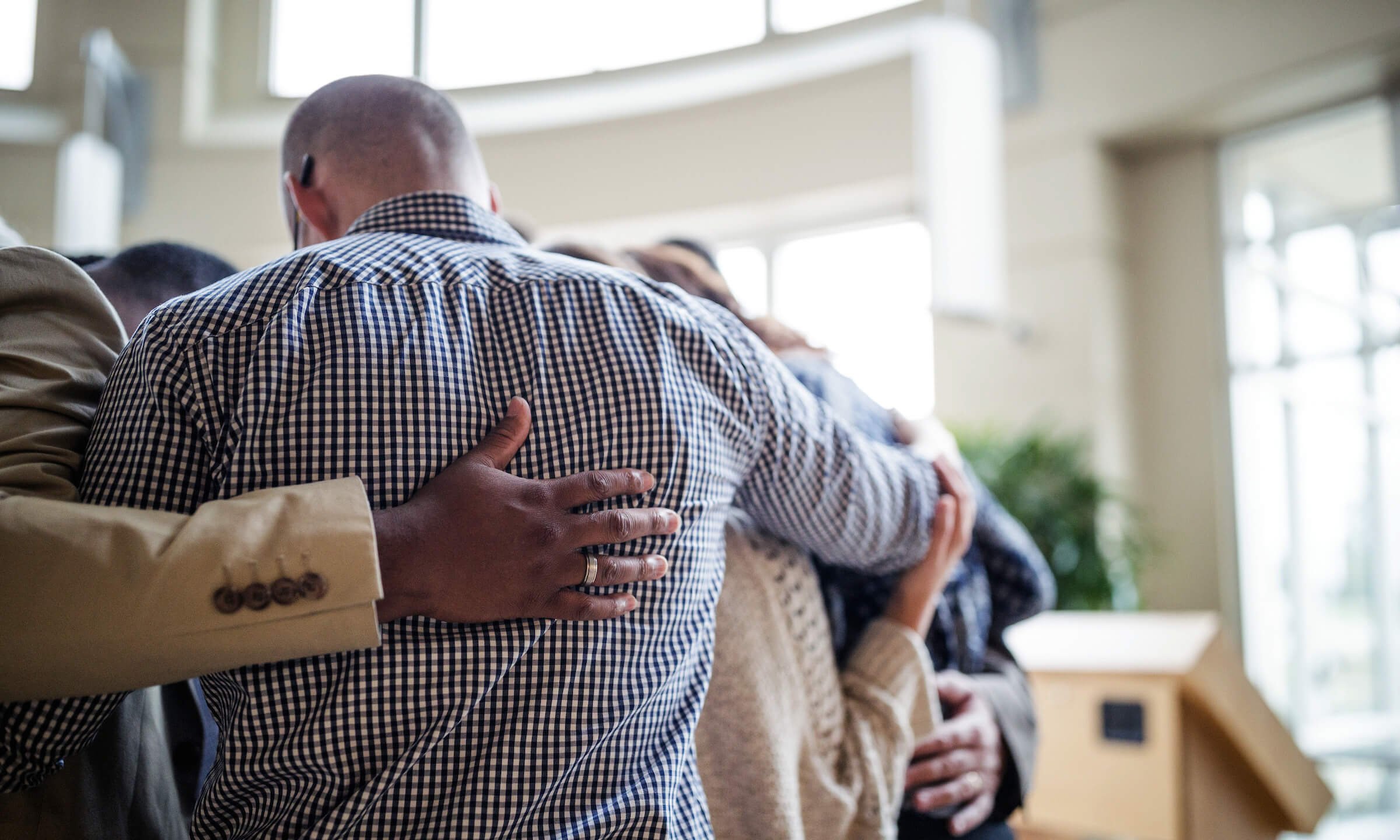
The first day of class in “A Survey of Christian Thought,” we brainstorm about why we should study Christian history.
I begin with this because teachers can’t take for granted that students are motivated by any particular subject. The challenge can be palpable for an upper-level course like this one, which combines history, theology, and advanced writing skills, and which, at the same time, meets a required component or two in the curriculum. Many students have had little of world history and nothing of theology in their primary and secondary school education. Yet, they find themselves in my class and we need to know what we’re there for. At the bottom, we’re there, studying the history of the Church, because we, at Concordia, believe in the communion of saints.
Typically, the class discussion begins with the popular saying that those who are ignorant of history are doomed to repeat it. This is a purely negative evaluation of our work, but it’s a place to start. Yes, we can be thankful that we can learn from the errors of the past. Ancient heresies—Arianism, Monarchianism, Gnosticism, Pelagianism, etc.— have long been put to rest by the great scholars and teachers of the church; nevertheless, they continue to re-emerge, especially among people who have little knowledge of the history of the Church. More positively, we then learn to sit at the feet of those great scholars and teachers, take in how they defended the true faith, and share those lessons with our contemporaries today. Those saints of old have fought the battles and we can stand on their shoulders to see with them the insights they have gained from their studies of the Holy Scriptures.
Next, it’s not uncommon for a student to say that we should study those who preceded us in the faith so we might better understand the Church’s practices today. I appreciate this. It suggests that the Church is a repository of accumulated historical practices, some of which are perplexing, perhaps indecipherable, without the context of their origin story. The Sunday morning liturgy, for example, stands on the double foundation of the ancient synagogue service and the Holy Eucharist instituted by our Lord. It can present out of its treasuries things “old and new” (cf., Mt 13:52). Starting the service with confession and absolution shares the same spirit of Luther’s 95 Theses with their concern for the free and full proclamation of the Gospel to repentant sinners. The Creeds raise the banners of the Baptismal and Trinitarian confession of faith (with lines emphatically rejecting Gnosticism and Arianism). The hymns may be drawn from a heritage of twenty centuries and spread across six continents. The Church is rich in its practices because every generation of Christians has contributed its own expression of the faith as believers have gathered around the means of grace which still nourish our faith today.
Eventually several other reasons for surveying the saints come forward: we can learn examples of good apologetics; we come to understand why there are so many different denominations of Christians today; we might consider different strategies for the Church’s mission, and so on. Most student answers, coming from practical American youth, focus on what we can learn and understand for Christian life today. Along similar lines, I’ll bring in the Augsburg Confession, Article 21, on the proper reception of the saints: “The memory of the saints may be set before us, that we may follow their faith and good works, according to our calling.” The saints’ zeal and commitment, their faith and love, their perseverance and sacrifice can set a model for us to follow in the high calling of Christ in our own vocations.
But there are other reasons, too, which I like to bring in. Studying the faithful lives of those who have gone before us can and should be an exercise in doxology—the praise of God. In the spirit of a hearty rendition of “For All the Saints” on All Saints Day, we give thanks to God for calling His people to faith, preserving them through trials and temptations, lifting them up and forgiving them when they have fallen, mercifully working through them in spite of their weaknesses, and finally, by His grace alone, bringing them home to glory. Thus, we can see the story of the work of God in the world. The history of God’s own works has its roots in the Old Testament and its climax in the life of Christ, yet continues through the centuries, even amid the sins and failings, trials and tribulations of His Christian people. As a consequence, the Gospel has gone out into all the world, reaching even to us in our day. This is God’s own work, done through His people, work which He would now continue through us.
Finally, I will conclude the lesson with the idea that in the study of the history of the Church we get to “meet the family.” Through the resurrection of Christ, those who have died in the Lord yet live and will live in the glory of the new heaven and the new earth. Through the Spirit of Christ, we who now believe in the Lord are bound together with them, “knit together” as the collect for All Saints Day reads. We will be spending eternity in the praise “of” the Father, “in” the Son, and “through” the Spirit. But in that praise, we will also be joining “with” Ignatius, Athanasius, Augustine, Luther, Edwards, and Walther (the key worthies we read during the course of the semester). These are not just people from ancient history whom we read about. They are not even just people whose minds and hearts we might begin to know through reading their words. They are people we ourselves are about to meet, when the Lord returns and the “dead in Christ will rise first” (1Th 4:16). When we have been joined together with all believers of all places and all times, what new friendships will blossom? What incredible conversations will we partake in? Eternity will be a long time, time enough for us to fully explore and fully discover what it means that we, too, have been made a part of “the communion of saints.”

—Rev. Charles Schulz, PhD, is an assistant professor of theology at Concordia University Ann Arbor.
—
If this story has inspired you, why not explore how you can help further Concordia's mission through giving.